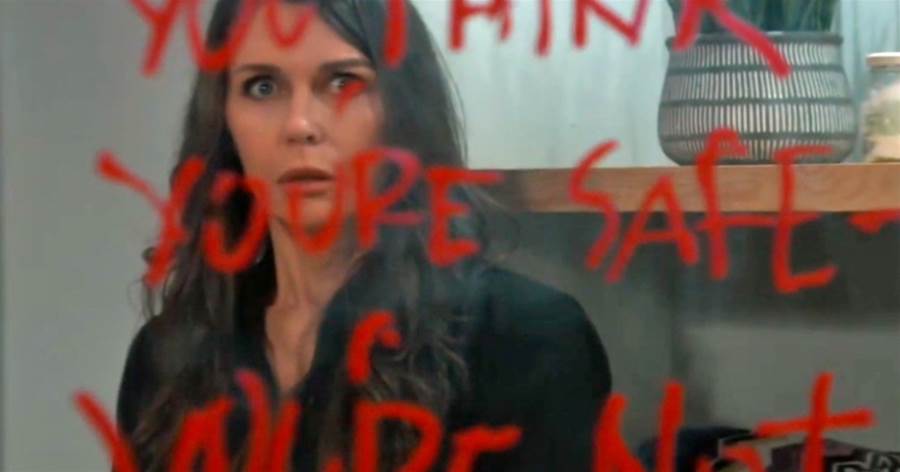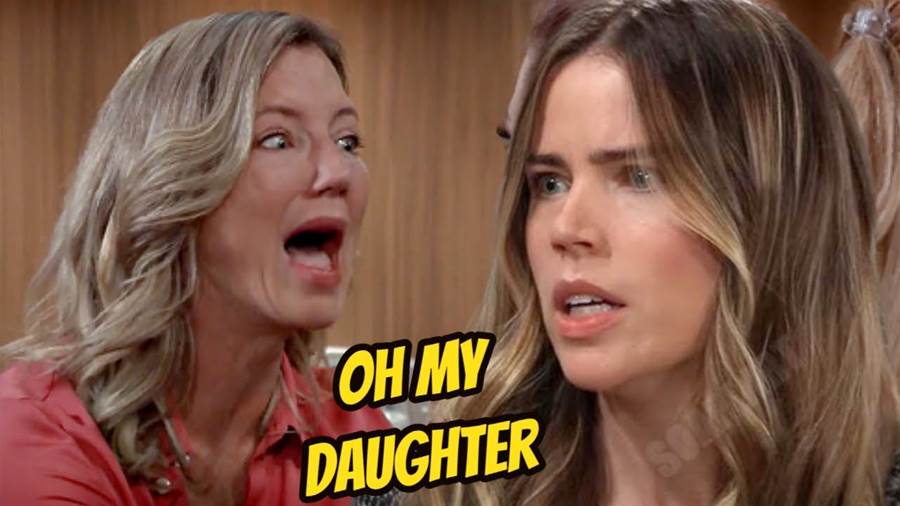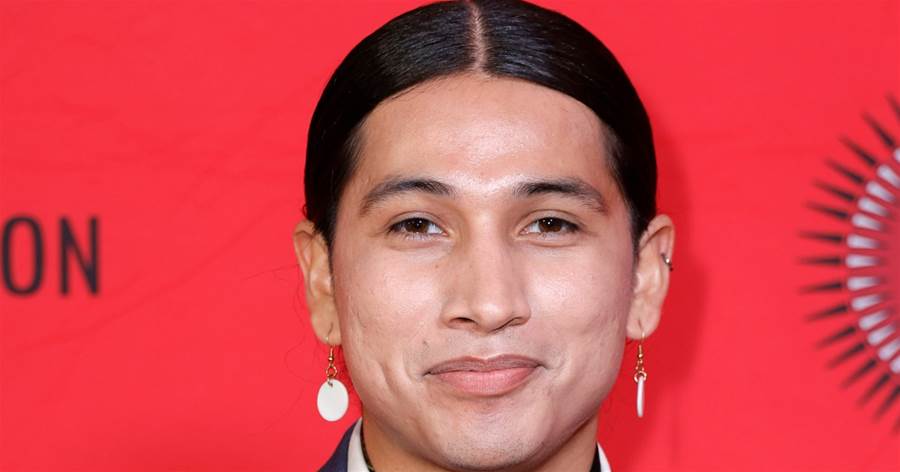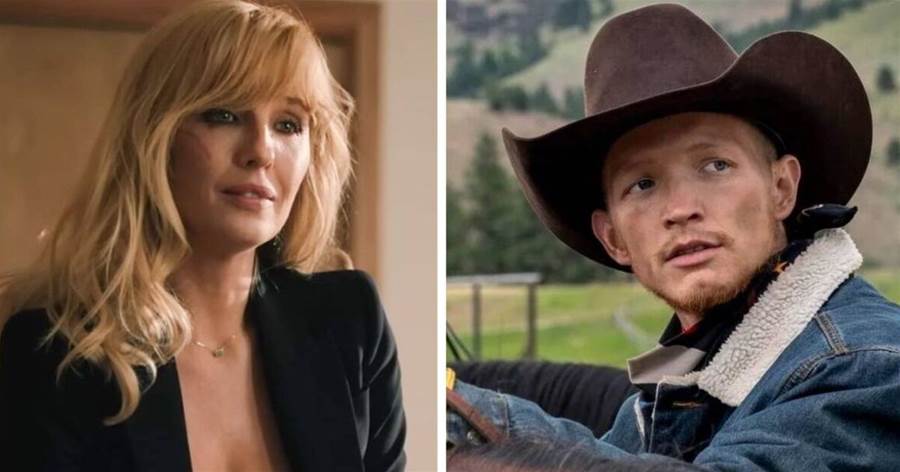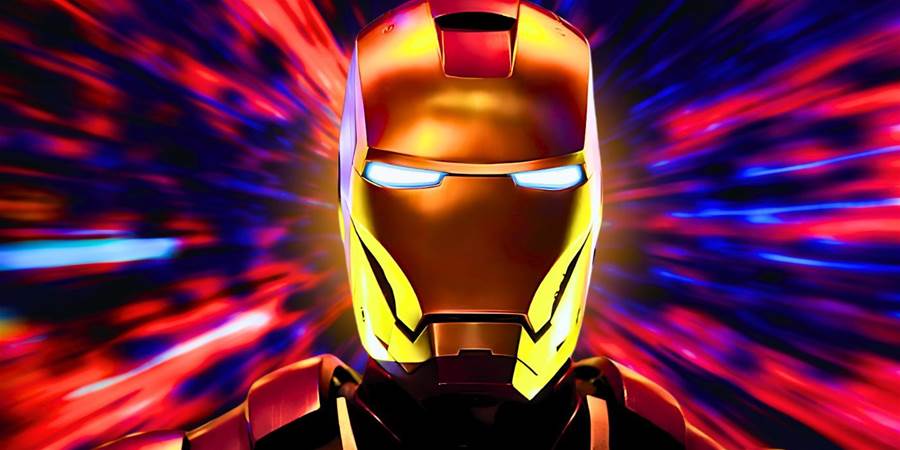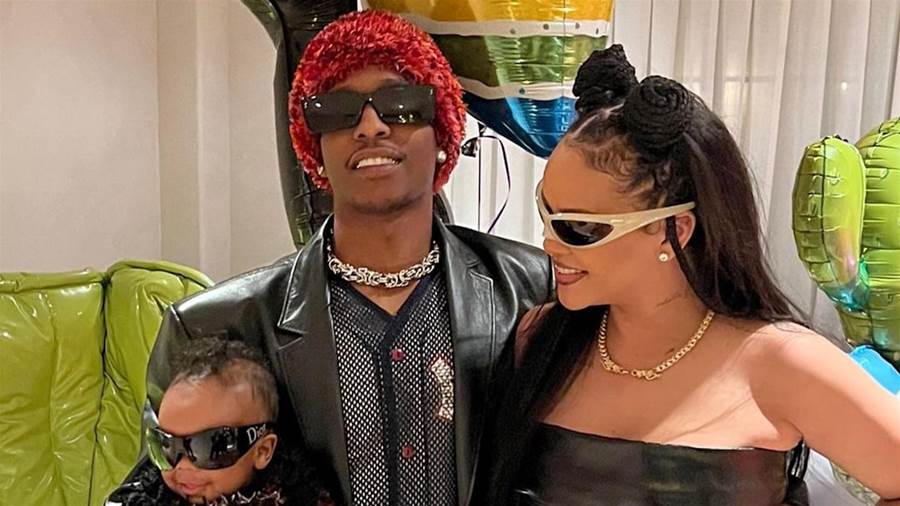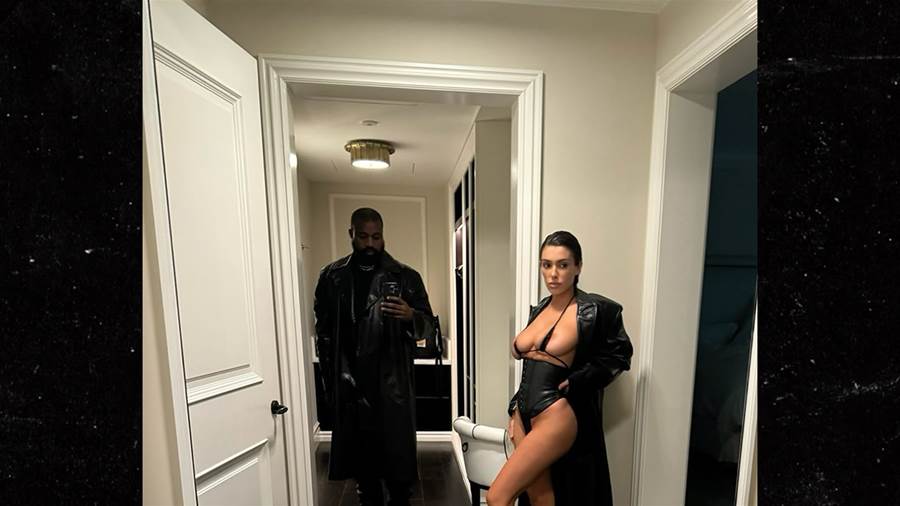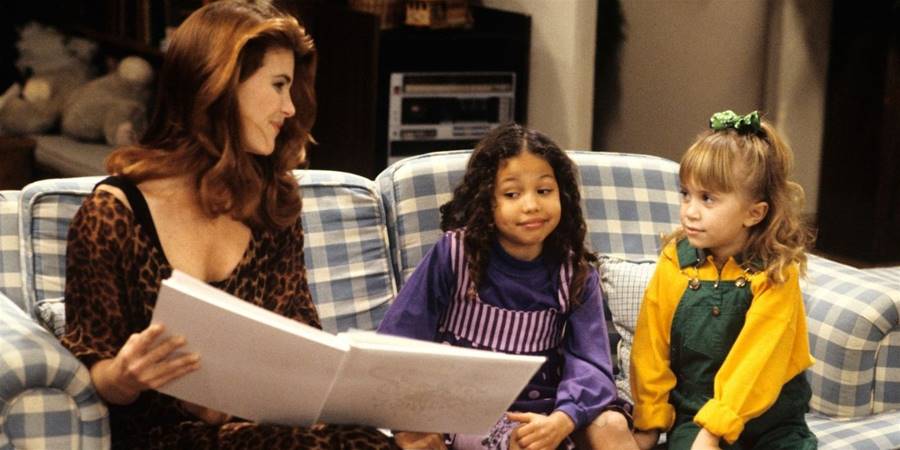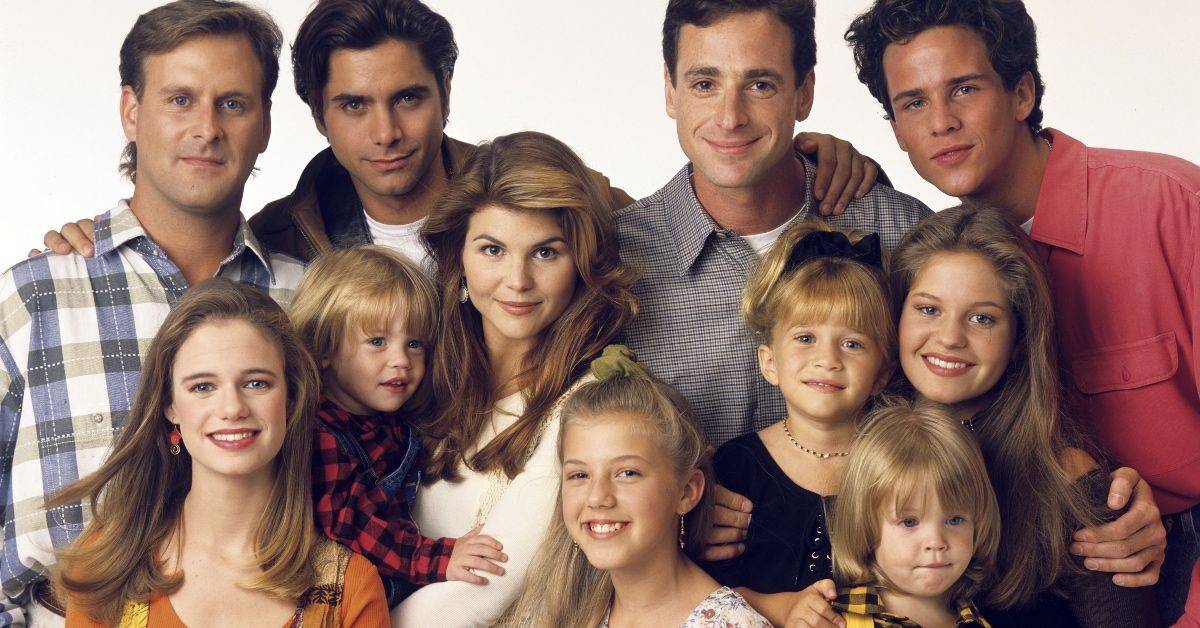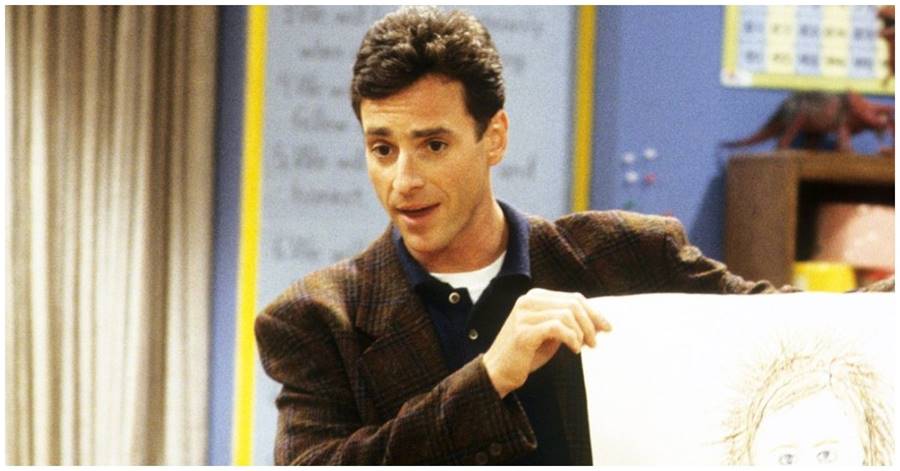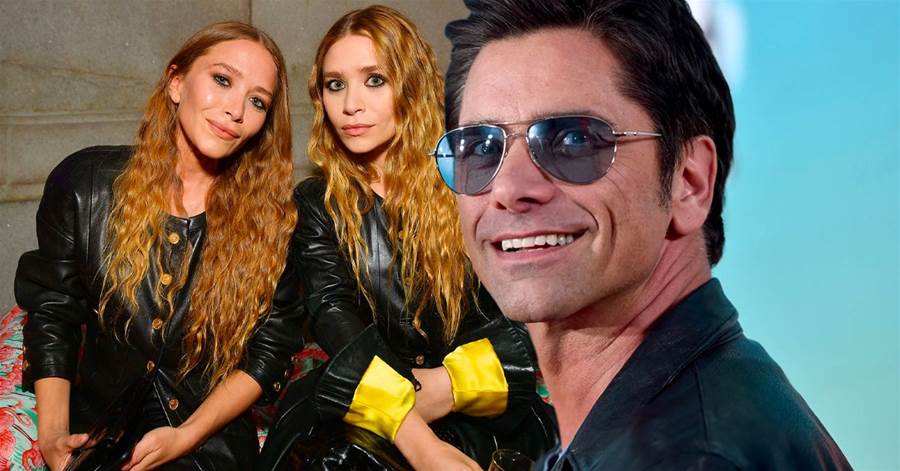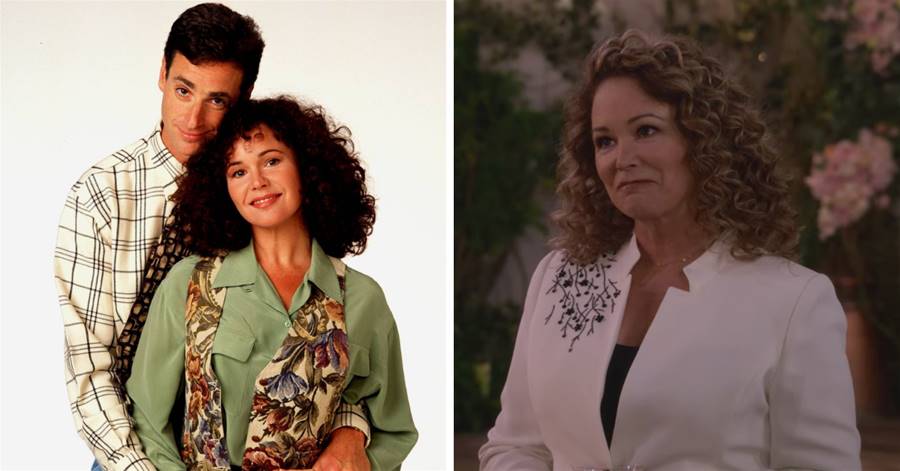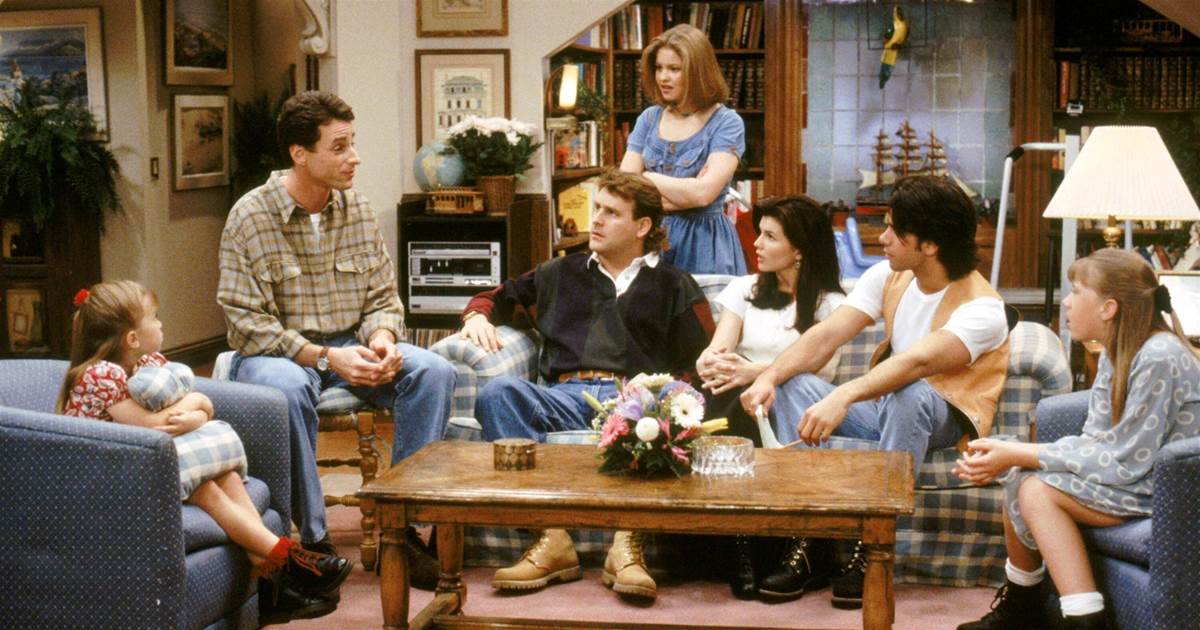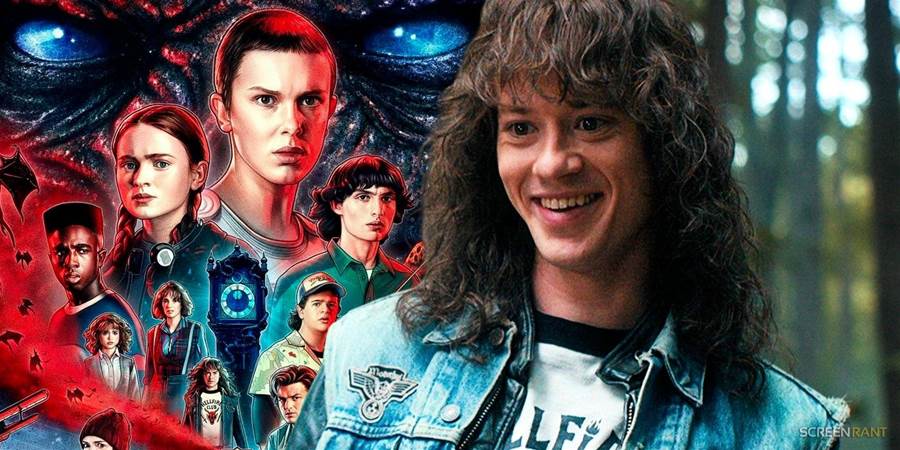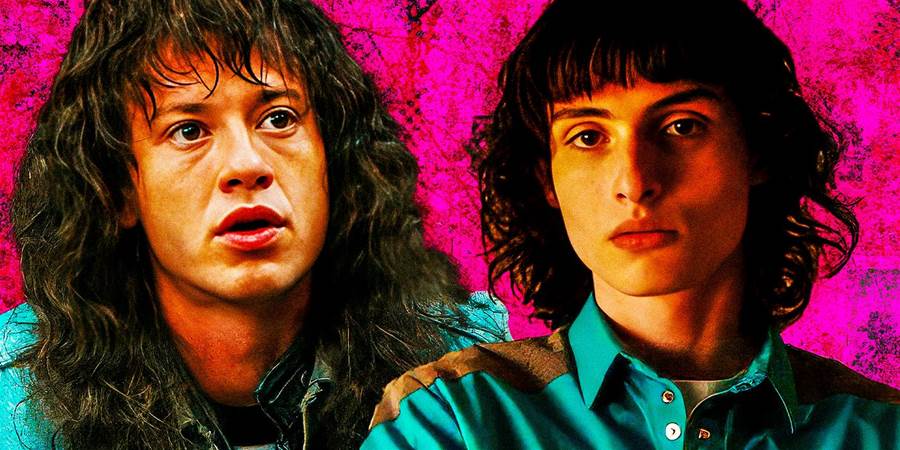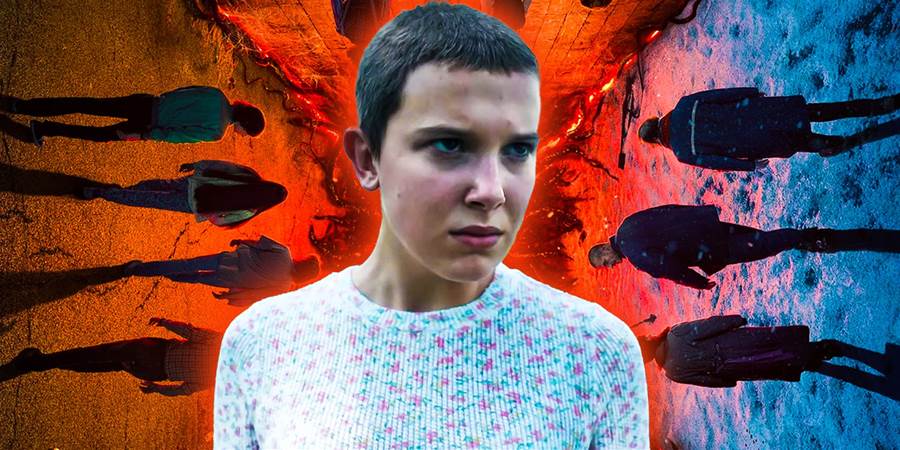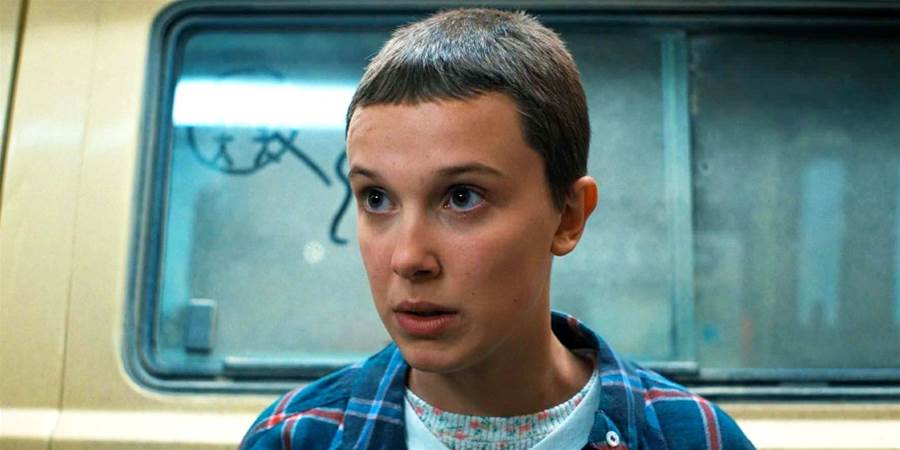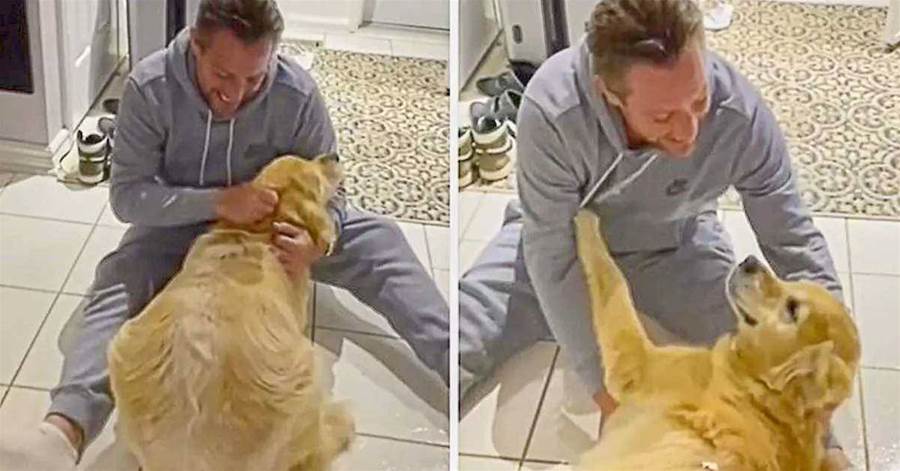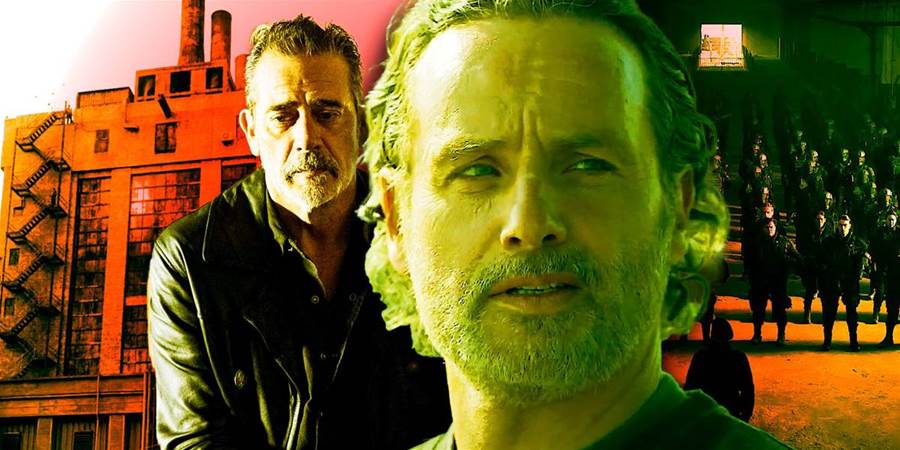
With 11 seasons under its belt, has set a standard story perspective, but two spinoffs break this rule. Since 2010, 's story has been propelled forward by various survivors' struggles to adapt to the zombie apocalypse, the losses they face, and the enemy camps they encounter. Predominantly focused on Rick Grimes' group and the new additions they meet along the way, explores the lengths these characters go through to protect who and what they care about most.
With , however, the option to explore new arcs and scenarios is evident. For instance, gives viewers a new location - France - and offers new threat levels, such as nuclear warheads and radiation-exposed walkers.
From a character perspective, though, other spinoffs have pushed the boundaries of the stories' perspectives, allowing unique narrative angles to be expanded on.
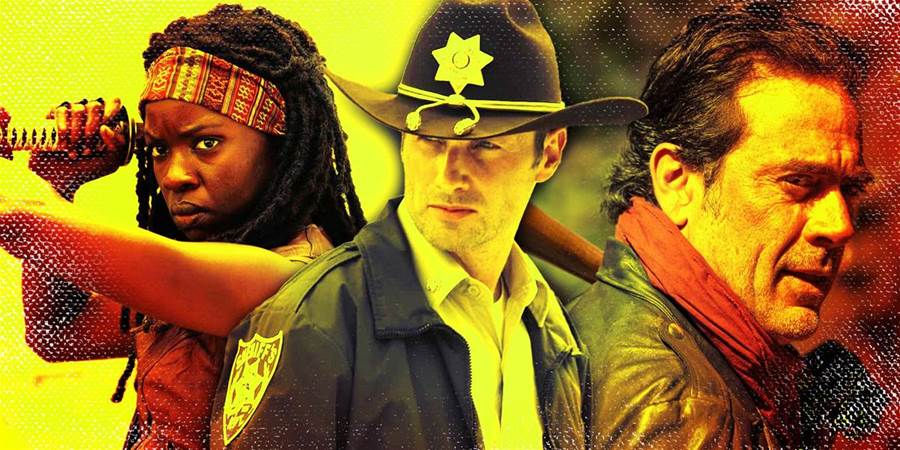
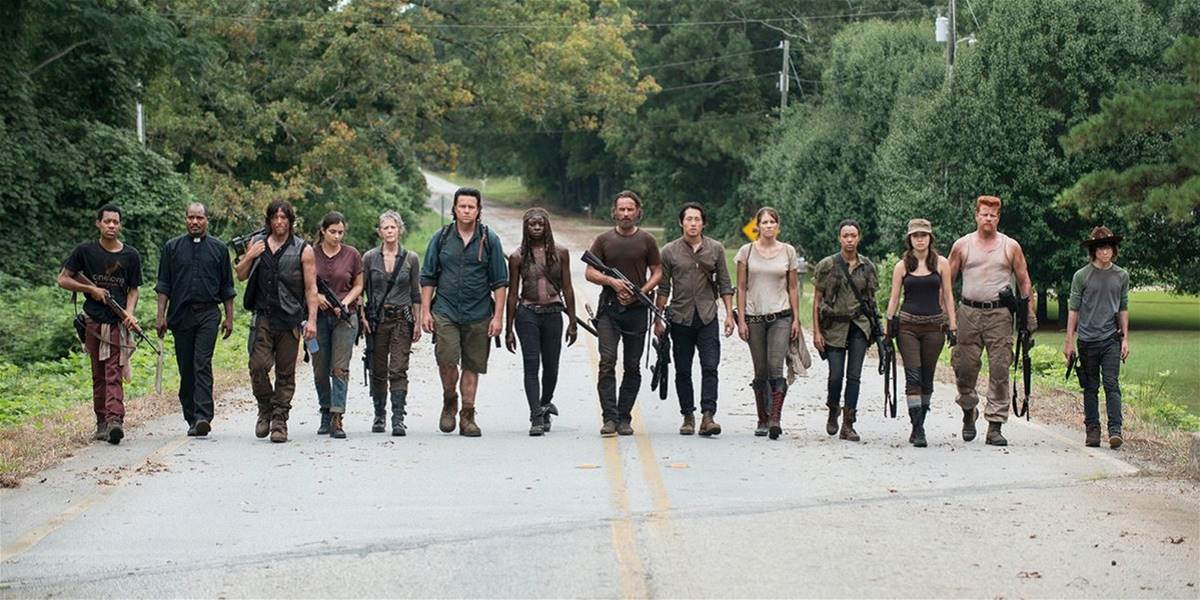
Since Rick and his group drive 's main storyline forward, all events seen on-screen are told from their perspective. This naturally paints them as the heroes of the story, albeit flawed at times, as seen in the moral dilemmas they often find themselves in.
Framing Rick's group as survivors helping each other compared to the more ruthless and power-obsessed actions of the show's major villains, the perspective, by default, omits much of how these view the survivors' actions.
Although offers villain motivations, like the Governor's grief at losing his daughter, it still tells their stories from the protagonists' perspectives. Therefore, any empathy for the show's villains is often overshadowed by the compulsion to support the hero and their story. This extends into some spinoffs, like in when Virginia's pain from her daughter's rejection and losing her community is undercut by June's pain from John's death.
Granted, a hero-focus is a common storytelling angle, but the contrast some later spinoffs introduce makes it an interesting trend to unpack.
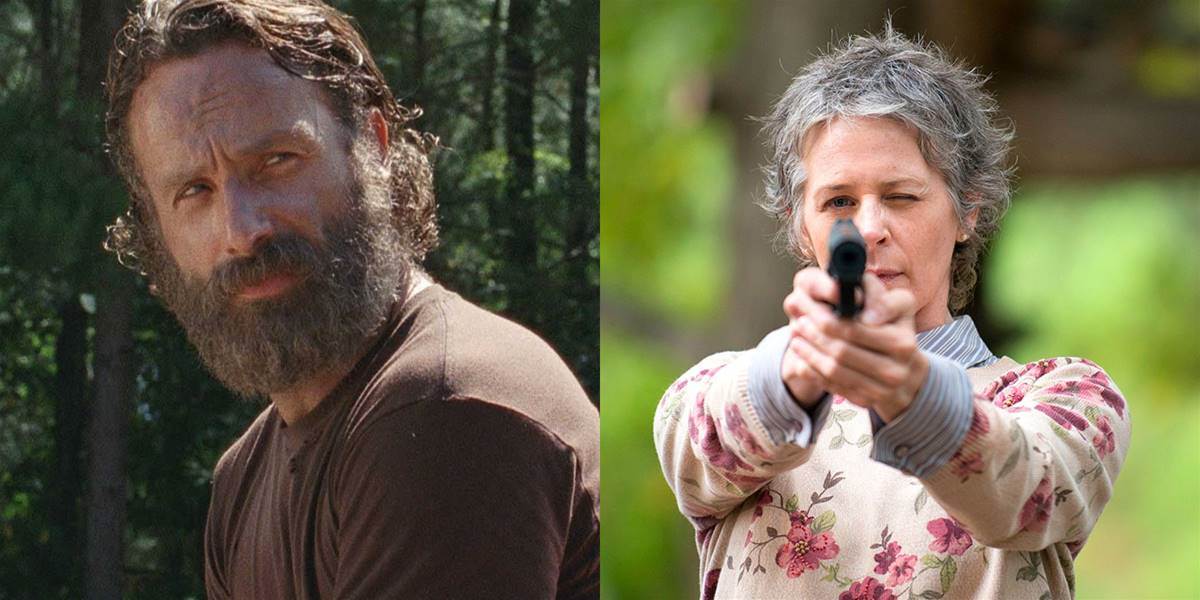
has given audiences glimpses of its heroes as villains in the past, like when Eugene switches sides and joins Negan's Saviors. The distinction between Rick and Eugene is that the latter is a supporting character, so the main story is still told from the heroes' perspective.
Although the scope of Andrew Lincoln's role in isn't entirely confirmed, there's an allusion to . Most notably, his spinoff's trailer shows him in CRM uniforms, conversing with the organization's leader, Beale, and carrying out CRM duties.
Rick's darker side is not an entirely new concept, such as when he kills Gareth or rips out Joe's throat. These violent moments, however, are to protect his community and son, respectively, not purely for the sake of being villainous. In , even if Rick isn't purely a willing villain, he's clearly an integral member of the , who has already been established as an antagonistic organization
in the franchise. Therefore, this change to Rick's character is substantial enough to potentially highlight his story more from a villain's perspective.
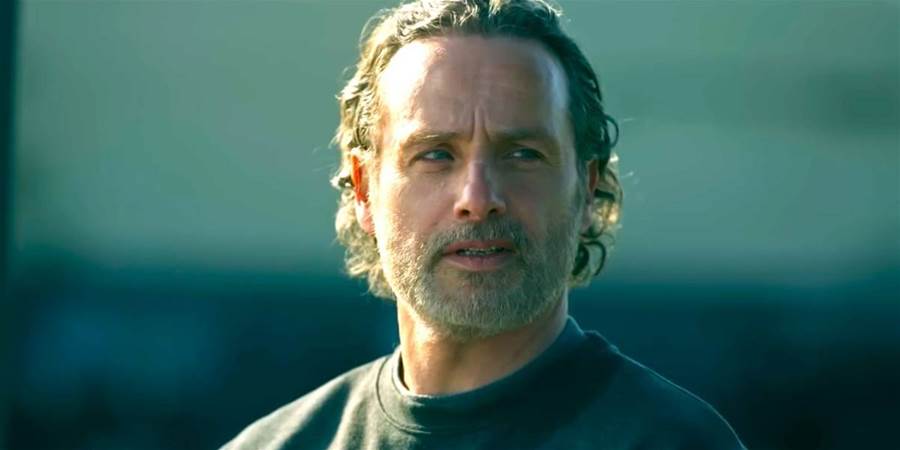
Negan had an inverted arc to Rick since he started out in the franchise as a villain and became a remorseful ally. However, in , Negan's villain era was readdressed, skewing the perspective of the evil actions he'd done. One notable moment is during his
, which show his peak villain era in the main show. Although the flashbacks seem to rewrite Negan's past, downplaying his brutal villainy and focusing on his stance on not harming kids, it also showcases his perspective of that time.
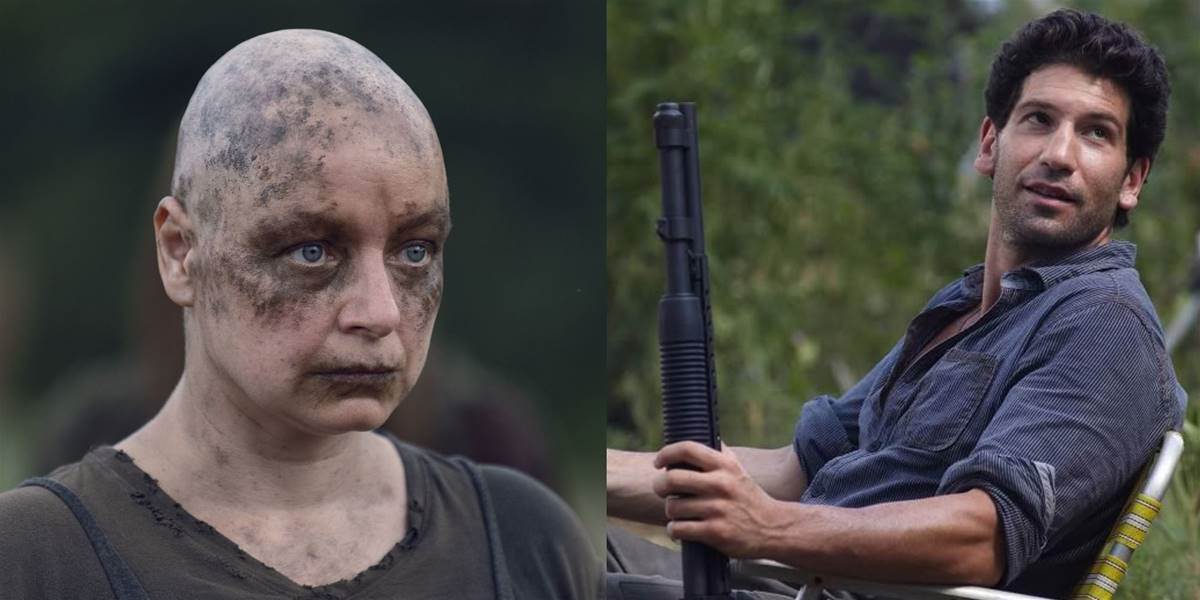
By the start of , repeatedly. So, although retrospectively, the flashbacks show some the main show's story purely through the villain of that time's eyes, suggesting why it differs from his depiction on the main show. Even if his remorse clouded his recollection of his Savior-era, it's still uniquely his perspective.
Rick's spinoff will go even further than flashbacks as it will dive into his time at the CRM. franchise could spark more interesting discussions with the juxtaposition between perspectives, depending on which side a character is on.
The upcoming spinoff, , premieres on February 25, 2024, on AMC and AMC+.
